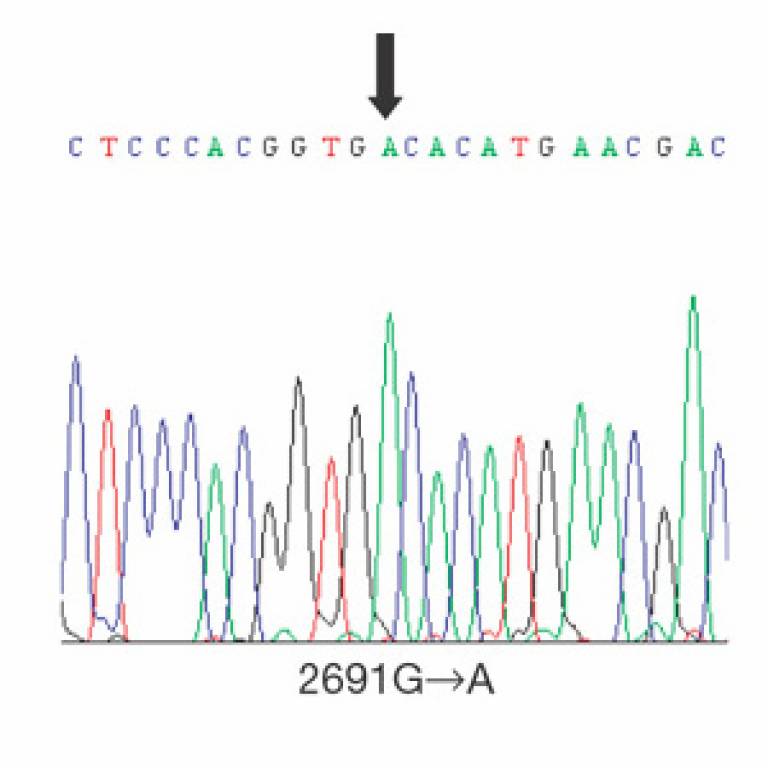UCL Biology and Paediatrics help explain people who don't feel pain
18 December 2006
Professor John Wood (UCL Biology) has co-authored a 'Nature' paper explaining why three families in Pakistan are completely insensitive to pain.

The research describes studies on a ten-year-old boy in northern Pakistan who could walk on burning coals and stab himself with knives without flinching. His relatives also had frequent bruises, cuts, fractures and had bitten their tongues in childhood due to their inability to experience pain.
The families presented an extraordinary opportunity for medical researchers, as, unlike most other people who are indifferent to pain, they do experience physical sensation, such as being touched or changes in temperature. Fewer than one person in a million is insensitive to pain but has an intact nervous system.
The discovery that mutations in the gene SCN9A are behind this extremely rare condition, led by the Cambridge Institute for Medical Research, built on breakthroughs made by Professor John Wood's Molecular Nociception Group and Professor Mark Gardiner's Paediatrics and Child Health team at UCL.
The Molecular Nociception Group, based within UCL Biology, focuses on genetic approaches to understanding the biology of damage-sensing neurons. It has shown that mice engineered to lose the protein Nav1.7 feel no inflammatory pain and have no pain responses to pressure.
In 2006, a team led by Professor Mark Gardiner (Head of UCL Paediatrics & Child Health) proved that a heritable pain condition formerly known as familial rectal pain is the result of mutations resulting in a hyperactive sodium channel, which is contained within damage-sensing neurons.
Both these discoveries suggested to Professor Geoffrey Woods, who led the research on the Pakistani families, that the loss of Nav1.7 activity could be the cause of their pain-free behaviour - which was proven to be the case.
"This work shows how studies of mouse genetics can facilitate the understanding of human pathology, and how inter-institution collaborations can move research forward rapidly," says Professor John Wood.
"The conclusion of this work has presented us with a target for the development of new analgesic drugs that may be very useful in conditions such as rheumatoid arthritis or cancer pain. It is good news that work at UCL from our group in Biology, together with Paediatric Genetics, has contributed to a major advance in our understanding of pain pathways. This shows the central importance of building on genetic expertise at UCL to address other clinical challenges."
Image: A sequence chromatogram showing the site of the mutation causing insensitivity to pain in one of the families
 Close
Close

